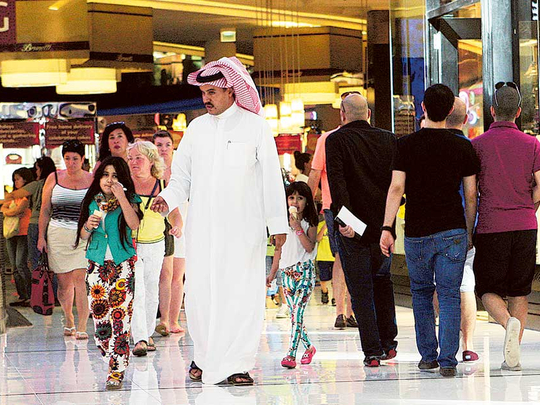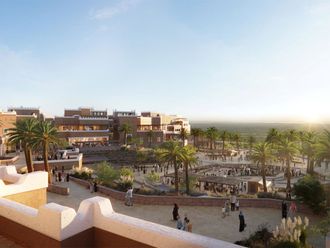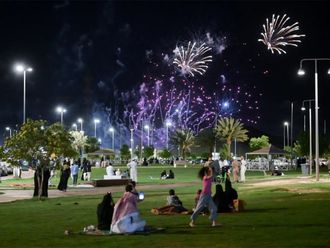
Dubai: Saudi Arabia is unlikely to trim public sector salaries, adding confidence to the UAE’s tourism sector at a time when weak oil prices are deterring Russian visitors from the country, according to economists,
Last month, the Saudi Finance Ministry said in a statement that efforts to rationalise spending will continue, especially salaries, wages and allowances, which contribute to around 50 per cent of the country’s total budgeted expenditures. However, a few days after the government’s statement, state-run media reported that the kingdom will not be cutting wages, salaries and allowances, quoting an unnamed Finance Ministry official, according to a report by news agency The Associated Press.
Khatija Haque, head of research for the Middle East and North Africa at Emirates NBD, said that the Saudi government’s efforts to rationalise spending are likely to be through “greater efforts to encourage job creation and employment of nationals in the private sector and perhaps lower salary increases and employment growth.”
It is unlikely to be through cuts in existing wages and salaries, she added.
Slower wage growth in Saudi Arabia may affect how much visitors from the kingdom spend in the UAE, but this could be offset by strong growth in tourists from markets outside the Gulf Cooperation Council, she said. “Traditionally important tourism markets such as India and China would benefit from lower oil prices, which may result in an increased number of tourists and increased spending from these countries as well.”
Global benchmark Brent crude has lost more than half of its value since June 2014 when it was at a high of $115 a barrel.
Similarly, Alp Eke, senior economist at National Bank of Abu Dhabi (NBAD), does not think the government will cut public salaries to curb spending. “At this stage, in the country’s socio-political environment, reduction in public sector wages rumours have no validity,” he said, adding that 93 per cent of employees in the public sector hold Saudi citizenship, citing statistics from the Ministry of Labour.
Saudi Arabia will continue to represent the backbone of the tourism and hospitality markets for Dubai and the UAE in general, according to Chiheb Ben-Mahmoud, executive vice president and head of hotels and hospitality for the Middle East and Africa at global real estate consultancy JLL.
“The Saudi economy is not in a crisis and no adverse revenue or purchasing power effects are expected on Dubai. This said, Saudi tourists are solicited by several destinations and Dubai will need to continue to monitor closely any short term shifts as well as long term trends in the Saudi market,” he said.
Saudi Arabia is among the top three tourism source markets for Dubai.
Around 1.35 million Saudis stayed at hotels and hotel apartments in the emirate in 2013, marking a 19.9 per cent increase year-on-year, Eke said citing data from Dubai’s Department of Tourism and Commerce Marketing.
According to Visa, a global payments technology company, Saudi visitors to Dubai spent $66 million on their Visa cards in 2013.
On a different note, Rashid Aboobacker, senior consultant at TRI Consulting, said that if the government cuts salaries, Saudi travellers are likely to reduce their length of stay and cut back on expenditure in the UAE. Echoing his view, NBAD’s Eke said that a wage reduction “would seriously impact” outbound tourist numbers. “Hotel establishment guests in Dubai from Saudi Arabia would be seriously reduced.”












